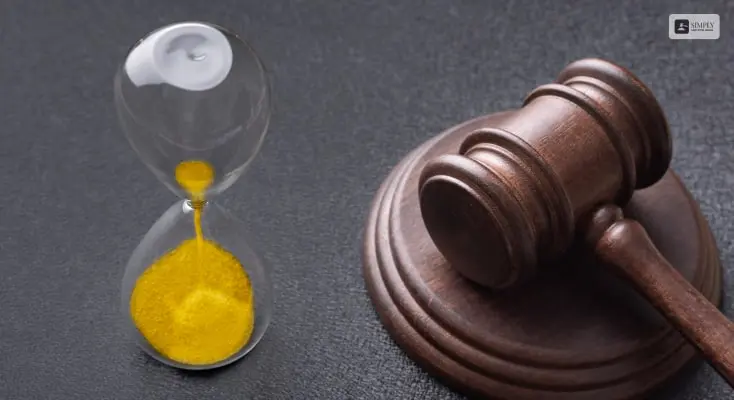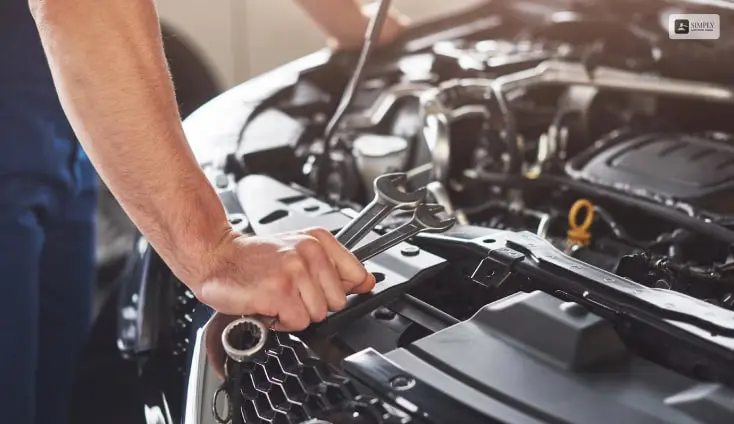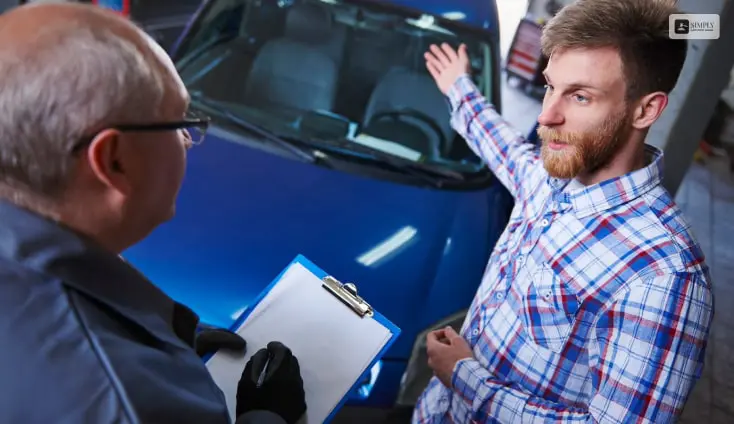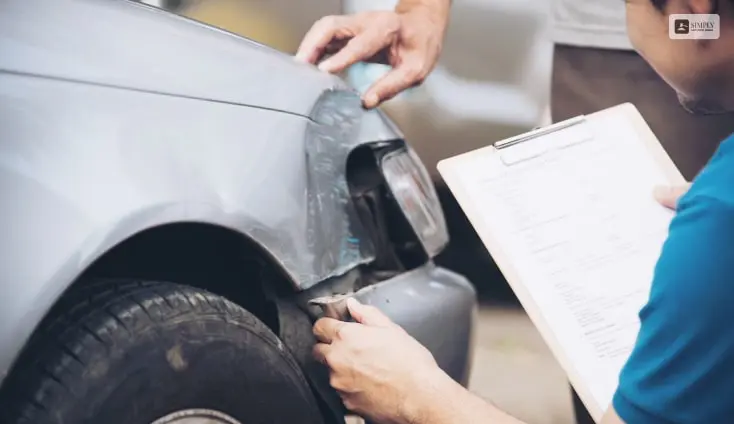
Imagine you are a Louisiana resident and have just bought a brand-new car. It is the day after, and you see your car does not start. You later get to know that your car has been used previously and even been heavily damaged. To add to this, you also find out that the official documentation of the car is fake. What do you do now? Do you have to head to court and spend even more on a lawsuit? This article answers all your questions.
Since the 1900s, worthless purchases have been called lemons. Around the 1960s, cars that were damaged, needed too many repairs, or were completely beyond any fix were called lemons. Addressing this issue, the US state governments developed laws to protect the citizens from these so-called lemons. Any guesses as to what these laws are? Yes, Lemon Laws.
The Louisiana Lemon Law applies to the following areas:
a. Motor vehicles, such as cars, trucks, and motorcycles.
b. These should have been purchased or leased within the jurisdiction of the courts of the state of Louisiana.
c. It usually does not include used vehicles or commercial vehicles under its purview.
Defects Covered Under Louisiana Lemon Law

The law covers defects that significantly hinder the consumer’s use of the vehicle, the vehicle’s value in the market, or the vehicle’s and the consumer’s road safety. If such defects exist, the manufacturer’s warranty must pay for damages. However, the consumer should bring these to notice within a specific timeframe (the first year of ownership), a fixed mileage (12,000 miles) limit.
Repairing Clauses under the Louisiana Lemon Law

These require either the vehicle manufacturer or the dealer to make a certain number of repair attempts on the vehicle. The number varies but is typically around four attempts within 90 days.
Louisiana Lemon Law Clauses Regarding Notice and Repair
The law mandates that the consumer should send a written notice to the manufacturer of the defective vehicle. A reasonable number of opportunities for the repair of the vehicle is also a must. However, both the notice and attempts will be limited to a certain timeframe.
Obligations of the Manufacturer under the Louisiana Lemon Law
If the vehicle meets the criteria set by the Lemon Law, the manufacturer will provide damages. They could replace the vehicle with one that works. They can also refund the purchase price of the vehicle and fines like taxes, registration fees, and other expenses incurred by the consumer.
Arbitration under the Louisiana Lemon Law
Before a consumer initiates legal action, they try to participate in arbitration or other dispute resolution efforts. However, the consumer may also take legal action against the manufacturer. A consumer may choose to consult the actual text of the Louisiana Lemon law to get a primary idea before seeking legal advice.
Examples Of Lemon Law

These are a few examples of the lemon laws applicable in the state of Louisiana:
Louisiana Lemon Law
This is the primary lemon law in the state. It protects consumers buying new vehicles or leasing them if the vehicles turn out defective. It requires manufacturers to make a certain number of attempts to fix the defects (a reasonable number). The consumer will get a vehicle replacement or a refund if the defect persists.
Louisiana Motor Vehicle Warranty Enforcement Act

This law outlines the procedures following which the consumers go through with the process of arbitration. It also lays down guidelines for manufacturers and consumers for circumstances regarding warranty disputes (including attorney fees).
Federal Magnuson-Moss Warranty Act

This does not strictly fall under the category of Louisiana Lemon Law. This is a federal law that applies nationwide. It deals with warranties for vehicles. It also gives legal help to consumers if the manufacturer denies it.
These were a few examples that highlight some Louisiana lemon laws.
Wrap It Up!
The Lemon law in Louisiana helps in protecting consumers who purchase or lease defective vehicles. This is why they are important. They look out for consumer protection. They provide essential safeguards for consumers and ensure they are not financially burdened by a defective vehicle. They offer legal relief for consumers who seek redress for a substantially defective vehicle.
Lemon laws empower consumers to get remedies or replacement vehicles as a form of financial relief. They make sure that manufacturers maintain a higher standard of quality control. Lemon laws also give consumers peace of mind by offering legal protections against their vehicle-related issues.
Read More :


